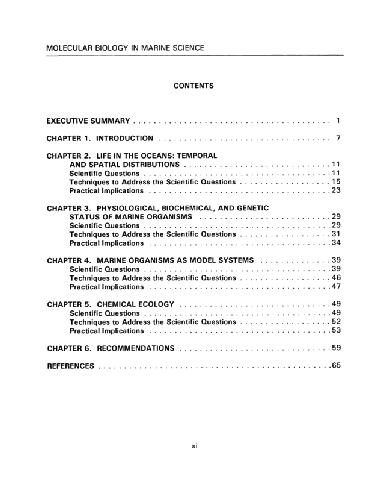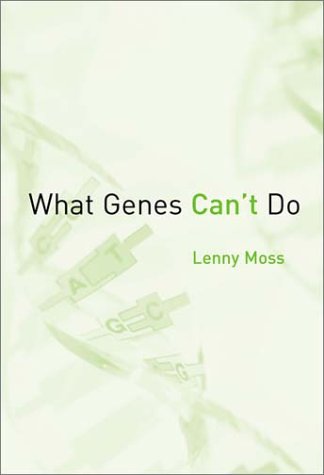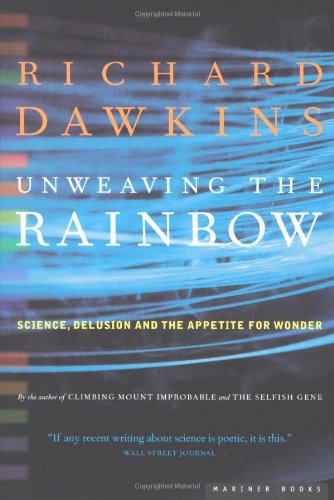| The ocean covers over 70 percent of the earth’s surface, comprises 90 to 95 percent of the biosphere’s volume, and supports approximately half of the global primary and secondary food production. Marine organisms can degrade industrial and urban wastes and are a tremendous reservoir of food, substances important for medical purposes, renewable energy, fouling and corrosion prevention, biopolymers, production of biosensors and catalysts, and many other industrial applications. The fundamental knowledge gained from basic molecular research on marine organisms could fuel exciting new commercial opportunities and provide economic potential for future generations. Immediate potential benefits include improved management of marine resources such as fisheries, enhanced production of economically important species through aquaculture, development of useful processes and compounds from marine organisms, and new information of value for mitigating of environmental pollution and for resource utilization. Human populations are increasing rapidly, and coastal ecosystems are being dramatically disrupted by human activities, including pollution and the depletion of some commercially important finfish and shellfish species. There is a sense of urgency about reducing human impacts on the ocean and a need to understand how altered ecosystems and the loss of marine species and biodiversity could affect society. | |







Reviews
There are no reviews yet.